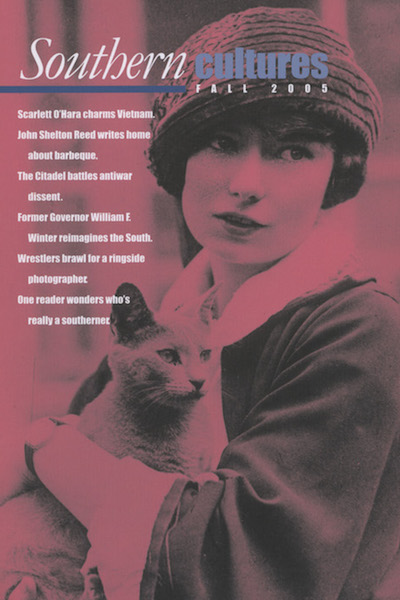Louisiana State University Press, 2004
Over the last fifteen years, historians such as Eugene Genovese and Michael O’Brien have done much to recover the vibrancy of the Old South’s intellectual life. This scholarly reappraisal has demolished the idea that slavery extinguished serious inquiry or discouraged critical thought below the Mason-Dixon Line. Historians generally agree that southern intellectuals participated in and contributed to important nineteenth-century debates regarding the meaning of progress in a world embracing free market capitalism and bourgeois liberalism. The broader influence of the South’s intellectual class is difficult to gauge, however, because we know so little about how ordinary southerners, particularly students, responded to the region’s leading minds. Robert F. Pace’s Halls of Honor: College Men in the Old South is a highly descriptive account of student behavior during the antebellum period, written in the tradition of early social history. He covers a wide range of subjects related to student life, but this book is limited by its lack of the essential contextual analysis that would have enabled the author to explain how southern students made meaning of their lives as young men coming of age in a slave society.


